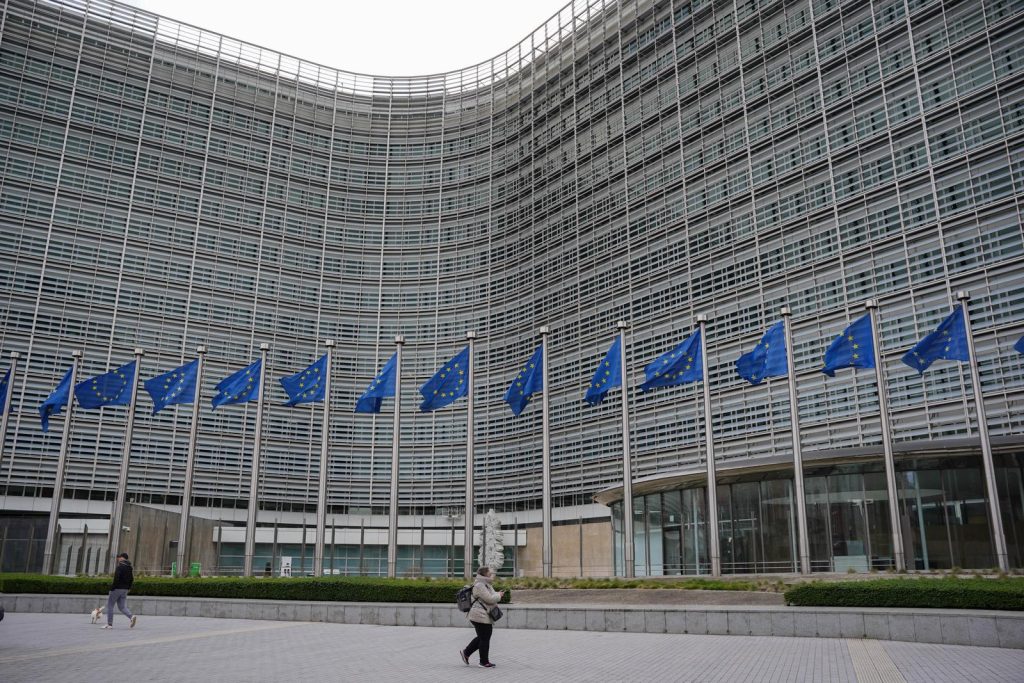May the 9th, 2024 – The European Commission (EC) has approved 25 million euros for the LNG Terminal expansion on Krk.
As Poslovni Dnevnik/Marija Brnic writes, approximately two years ago, the government approved the project to increase the capacity of the Krk LNG terminal. It intends to invest 25 million euros in the project, and recently the European Commission finally rubber stamped the state support for that project.
The measure will be partially financed from the Recovery and Resilience Mechanism, and it will enable the installation of an additional gasification module with a capacity of 250 thousand cubic metres per hour at the existing terminal. This will increase the annual delivery capacity from 2.9 to 6.1 billion cubic metres of gas.
Even before the approval of this state aid, the implementation of the project began – a year ago, representatives of LNG Croatia and Wartsila Gas Solutions from Norway signed a contract for the delivery of an additional gasification module worth 22.9 million euros. The production of that is planned to be carried out in within 22 months, and the installation in Omišalj should be finished in 2025.
The value of the works for the LNG Terminal expansion stands at around 23 million euros. LNG Croatia has just launched a public consultation process ahead of the announcement of the tender for conversion of the vessel for receiving, storage and gasification (FSRU) LNG Croatia for the purpose of increasing the capacity of the terminal.
In parallel with the LNG Terminal expansion project, a project to expand the gas pipeline network is being carried out. It will then follow the doubling of the capacity of the LNG terminal, which is under the jurisdiction of Plinacro.
These projects are in line with the EU’s policy on reducing dependence on Russian gas, and therefore the provision of state support for this project is considered important for ensuring gas supply in Croatia and the countries across Southeastern Europe. According to the announcement from the EC, the support will be in the form of direct grants, which will cover part of the investment costs for LNG as the holder and operator of the terminal.
“The European Commission determined that the measure is necessary and appropriate in order to enable the user to implement the project,” reads the statement of the EC, which considers this measure “proportional, because it’s limited to the necessary minimum and that its positive effects outweigh any possible negative effects on market competition and trade in the EU’.
Since the start of operations in January 2021, 90 ships for the transport of liquefied natural gas have docked at the terminal in Omišalj. More than 12 million cubic metres of liquefied natural gas have been accepted and gasified, and more than 7.4 billion cubic metres of natural gas have been delivered.










